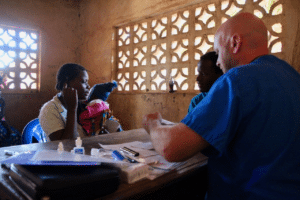
I was barely aware that she had a baby with her, much less that she was breast feeding while she quietly handed over her medical passport. She spoke to my translator and described her reasons for seeking care for her baby and he turned and carefully chose the English words to translate her Chichewa (the local language) into terms that I would understand. I could use this description for dozens of the patients that I’ve seen over the past two days at a small medical clinic in the village of Liti in rural Malawi. Today was the second of three clinic days. Our team saw just over 280 villagers over the course of 6 hours. They come to us with fevers and wounds and a variety of conditions that would warrant admission to most U.S. hospitals, and they patiently and quietly wait to be seen. There is no visible frustration on their faces, no sense of entitlement or voices of impatience, a subdued yet determined demeanor permeates their culture.
I chose to come on this trip with Villages in Partnership with very little persuasion from my clinical instructor at Xavier University. I have worked in a busy U.S emergency department for nearly 6 years and I saw this as an opportunity to regain the perspective that made me want to be a nurse in the first place. Too often I leave work with frustrations of the American bureaucracy that healthcare has become with more thoughts about whether I had diligently documented than the care that I provided. Nursing schools emphasize the concepts of beneficence and non-maleficence (do good things for your patients, don’t hurt them) and this experience has allowed me to get back to the root of those tenets and that has been more refreshing than I could have imagined.
The baby was done breast-feeding and stared at me with giant brown eyes and a full head of matted kinky hair that stood at least three inches off her little head. I asked my translator, “Tell her that her baby is beautiful and has more hair than I have ever had”, he quickly complied. She let out a soft laugh (I’m completely bald and likely to be the first white person she has ever interacted with). Her nine month old had a cough and a fever, symptoms that many American parents would simply treat with over the counter children’s Tylenol and rest. Things get a little more high-stakes in a place where there is no counter, and Malaria is a very real threat when these symptoms appear. We tested 122 patients for it our first day, 59 came back positive, and still they wait patiently to be seen by a provider to receive their prescriptions and plan of care.


Proud of our caring, resourceful son. Glad human dignity exists even where material conditions can be dire.